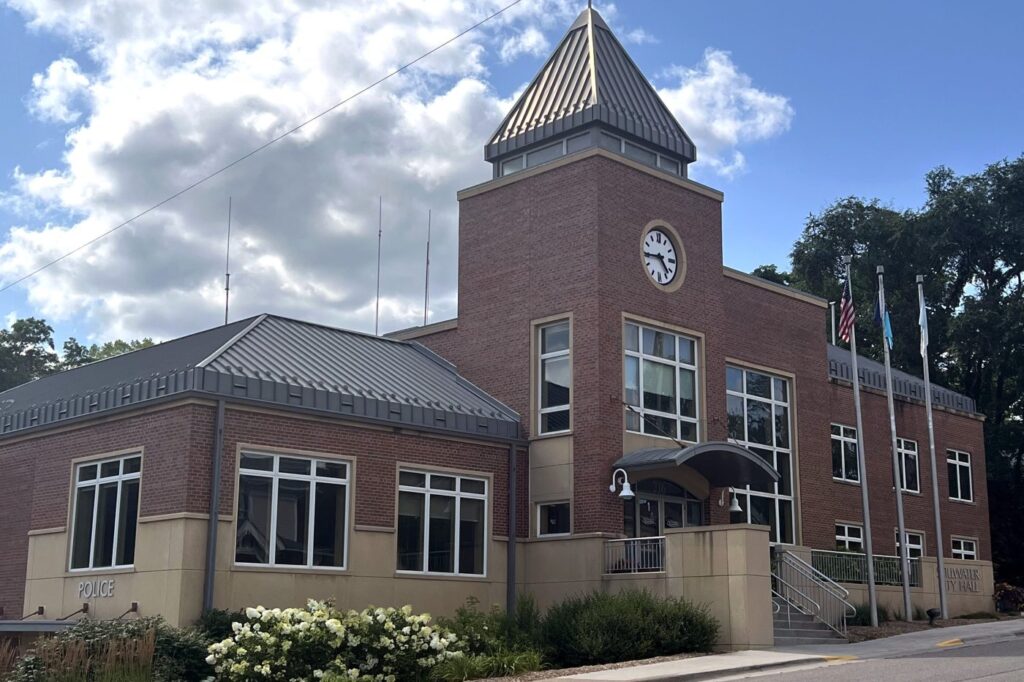
The Stillwater City Council has unanimously approved a conditional-use permit for the city’s first and only licensed adult-use recreational cannabis retail business. The decision marks a significant milestone for the city, which has a population of 19,200, as it navigates the complexities of cannabis regulation. Silver Therapeutics, the business in question, plans to set up shop at 1778 Greeley St. S. However, the company must still secure a state license before finalizing its registration with the city.
Interim Community Development Director Jason Zimmerman informed council members on Tuesday night that the licensing process with the Office of Cannabis Management is underway. Silver Therapeutics aims to operate as a “microbusiness,” a model that allows for the growth, production, and retail of cannabis products. Nonetheless, Zimmerman clarified that the Stillwater location will focus solely on retail operations, with no on-site consumption permitted.
Regulatory Framework and Local Ordinances
The approval of Silver Therapeutics’ permit comes under a regulatory framework that allows Stillwater to issue one cannabis business registration per 12,500 residents, based on the most recent state demographer’s estimate. This cap does not apply to medical cannabis combination businesses or lower-potency hemp edible retailers.
Mayor Ted Kozlowski expressed enthusiasm about the council’s decision, stating, “Congratulations. You’re the first legal weed spot in Stillwater. We’re making history tonight.” He acknowledged the challenges faced during the process, noting the patience required from all parties involved.
“Everybody has done a great job in dealing with all of this,” Kozlowski said. “It was not easy how the state rolled this out … I appreciate everybody’s patience.”
The Approval Process and Community Impact
Silver Therapeutics’ application adhered to all city regulations concerning the location of cannabis-related businesses. The property is zoned for business park/commercial use and is situated outside sensitive use buffers, which include residential zones, childcare and educational facilities, and parks frequented by minors. It is also more than 1,000 feet away from any other cannabis business in the city.
During the June 25 planning commission meeting, a public hearing on the application was held. The planning commission recommended approval, and notably, there were no public comments opposing or supporting the proposal. The store’s security plan was thoroughly reviewed by the city’s police department, ensuring compliance with safety standards.
Business Plans and Economic Implications
Silver Therapeutics plans to employ 10 to 14 full-time staff members and has committed to investing over $250,000 in property renovations to enhance both the storefront and interior. This investment is aimed at facilitating the proposed retail use and improving the overall aesthetic of the location.
In addition to physical improvements, the business will implement a point-of-sale system that allows customers to order products online for in-store pickup, contingent upon on-site age verification. This approach is designed to minimize parking requirements and manage customer flow effectively.
“This process will cut down on the number of parking (spots) required and the number of customers on site at any given time,” the company stated in their application letter.
Looking Ahead: Challenges and Opportunities
The approval of Silver Therapeutics’ permit is a pivotal moment for Stillwater, reflecting broader trends in cannabis legalization across the United States. As more states move towards legalizing recreational cannabis, cities like Stillwater must navigate the regulatory landscape to balance economic opportunities with community concerns.
Experts suggest that the introduction of a regulated cannabis market can bring economic benefits, including job creation and increased tax revenues. However, they also caution about potential challenges such as ensuring compliance with state and local laws, addressing public health concerns, and managing community relations.
As Silver Therapeutics moves forward with its plans, the city will closely monitor the business’s operations to ensure adherence to all regulatory requirements. The success of this venture could pave the way for future cannabis-related businesses in Stillwater, potentially reshaping the local economy and community dynamics.
In conclusion, the Stillwater City Council’s decision to approve the permit for Silver Therapeutics represents a historic step in the city’s approach to cannabis regulation. As the business prepares to open its doors, all eyes will be on how it navigates the challenges and opportunities that lie ahead.





